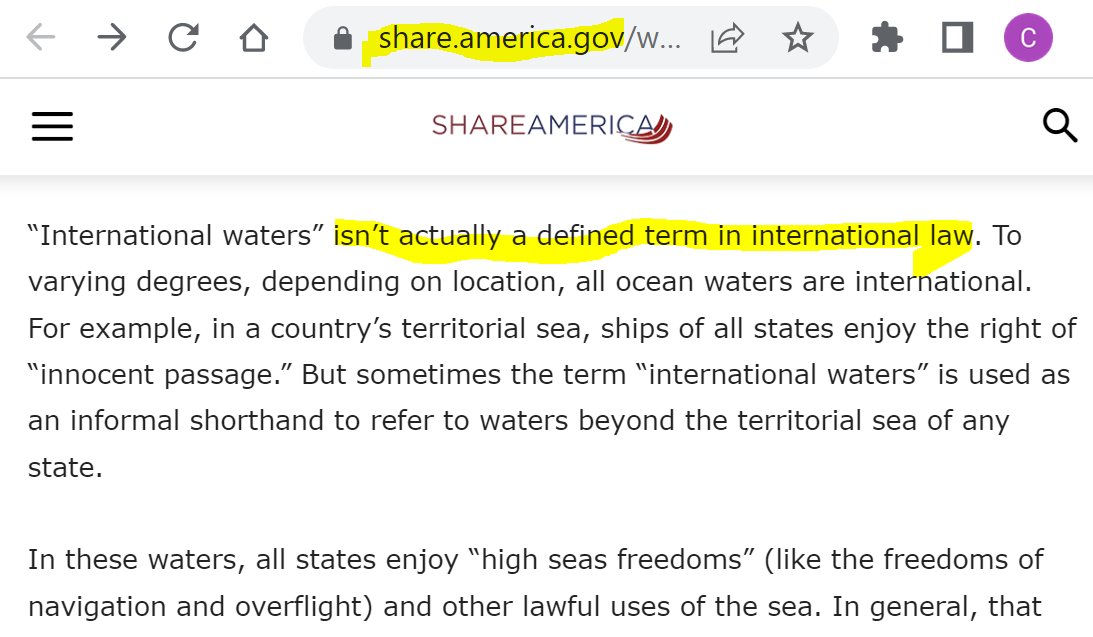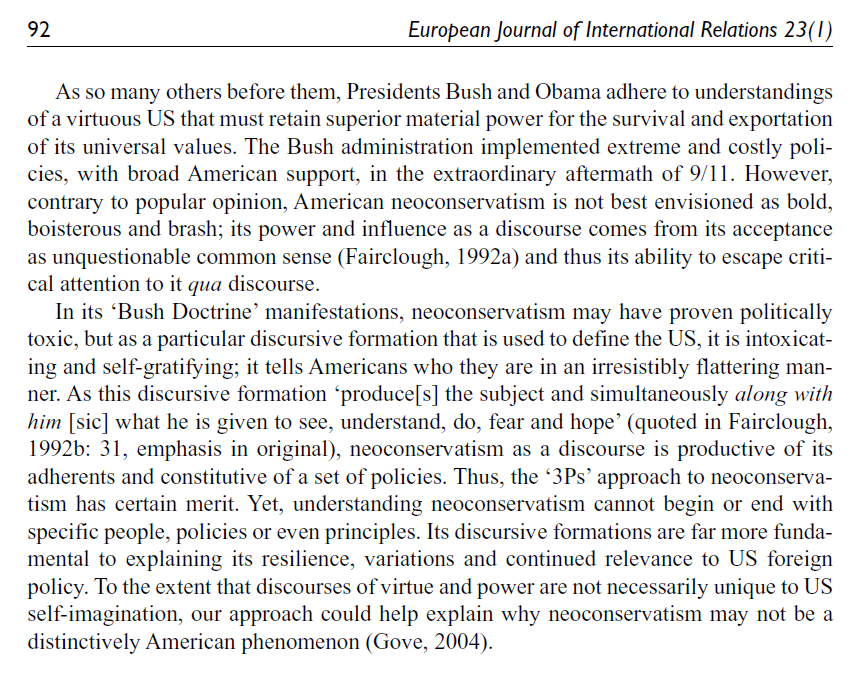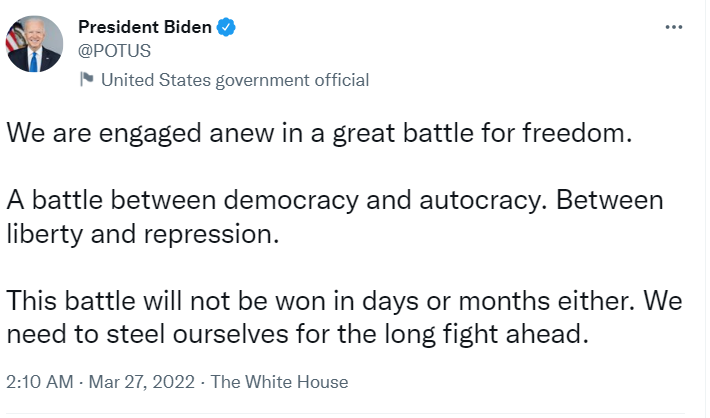Who/what is the West's main threat is mainly up to the West to decide & define. Threats can be in & out of fashion as 'we' please & as per the agenda-setting media. Not long ago, every muslim looked like a terrorist; now, every Chinese citizen is a spy. floridapolitics.com/archives/33585…
https://twitter.com/Noahpinion/status/1304577517416718336
“One of the things we’re trying to do is view the China threat as not just a whole-of-government threat, but a whole-of-society threat on their end.” FBI Director Christopher Wray. businessinsider.com.au/china-threat-t…
If most 'respectable' Western media outlets (NYT, WaPo, CNN, BBC, The Economist) decide to run on a regularly basis a narrative that every Chinese pet is a spy risk, I bet it would only take about six months for 60% of their Western readers/viewers to believe in it.
Or maybe it doesn't need even that long. "Congratulations North Korea"
• • •
Missing some Tweet in this thread? You can try to
force a refresh




























